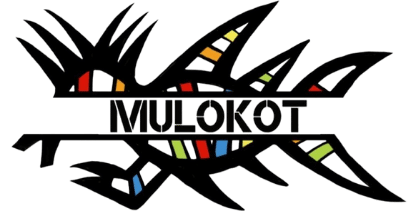Solar-powered boats built by Wayana’s
November 16, 2024
Our Partners
Our esteemed partners, dedicated funders, and generous donors play a crucial role in supporting our mission and helping us make a positive impact in the community.













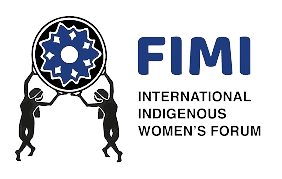
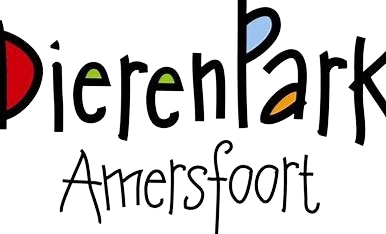



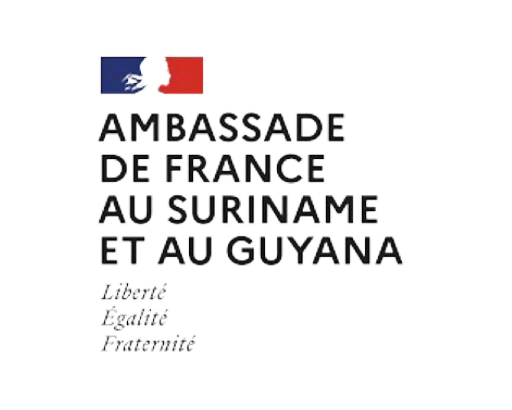
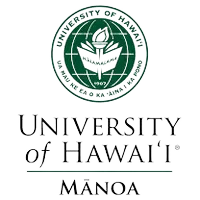
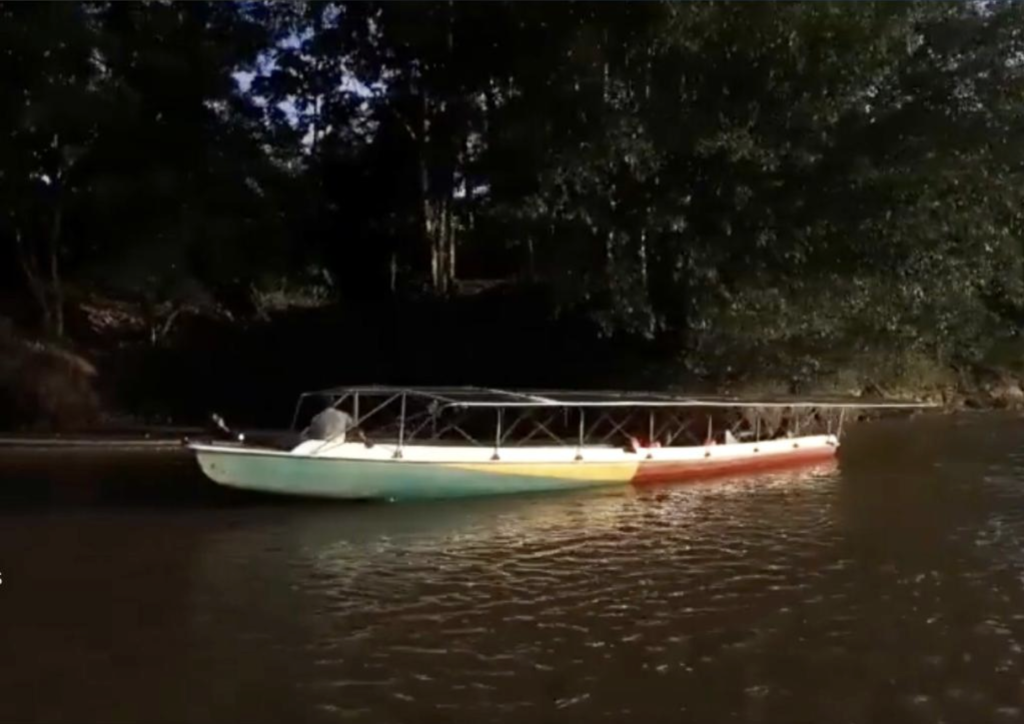
Wayana’s from the South-eastern part of Suriname are developing boats that
are fully powered by solar energy. The initiative was taken by Stichting Mulokot,
an Indigenous organization that assists the traditional authority of the Wayana. For
the project, Stichting Mulokot partnered with the Achuar indigenous people in
Ecuador. There, the technology is already in operation with the help of Kara Solar,
a producer of solar-powered boats (https://fb.watch/aGIOqgO0cM/).
Solar energy is a renewable energy source that can be harnessed in all areas of
the world. These energy systems generally don’t require a lot of maintenance
which leads to lower costs. Solar energy is one of the cleanest sources of energy,
and it’s an extremely effective way of making your household more efficient and
sustainable. Solar panels don’t use any water to generate electricity, they don’t
release harmful gases into the environment, and the source of their energy is
abundant and, best of all, free. This leads to a reduction in carbon footprint which
can aid in fighting climate change.
The non-profit organization Nia Tero provided the funds for this project.
Due to this Suriname will be one of the countries where solar-powered vessels are
being developed. In addition to Ecuador and Suriname, communities in Brazil and
Solomon islands (Pacific Ocean) will also apply the technique. “We are in the
research phase to eventually deliver a product that is adapted to our own
Surinamese conditions and to rapids in our rivers” says Jupta Itoewaki, chairman
of Mulokot.
She cannot yet say how many boats will be manufactured but expects enough vessels to be
built to serve the Wayana tribe well. These can be used for, among
other things, the transport of students and goods. The Wayana Natives are trained
in building, maintaining, and driving these boats. They will also learn knowledge
and skills to work at the charging stations that will be set up at strategic locations
along the rivers. Due to the cost-effectiveness of solar energy, the Wayanas can
spend the money saved for other purposes, says Itoewaki.
Sources:
The Association of Indigenous Village Chiefs in Suriname (VIDS)
Office of Energy, Efficiency and Renewable Energy United States of America
(USA)
Our Newsletters
Make sure to follow our social media platforms for the latest news, updates, and exciting announcements about our activities.
Download The FPIC Protocol
Download the FPIC Protocol, available in a variety of different languages to accommodate diverse communities and ensure accessibility for all.
- Nederlands
- English
- Wayana
© 2024 Mulokot Foundation • All Rights Reserved powered By Native Tech Engineering

